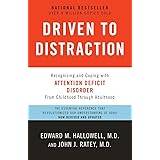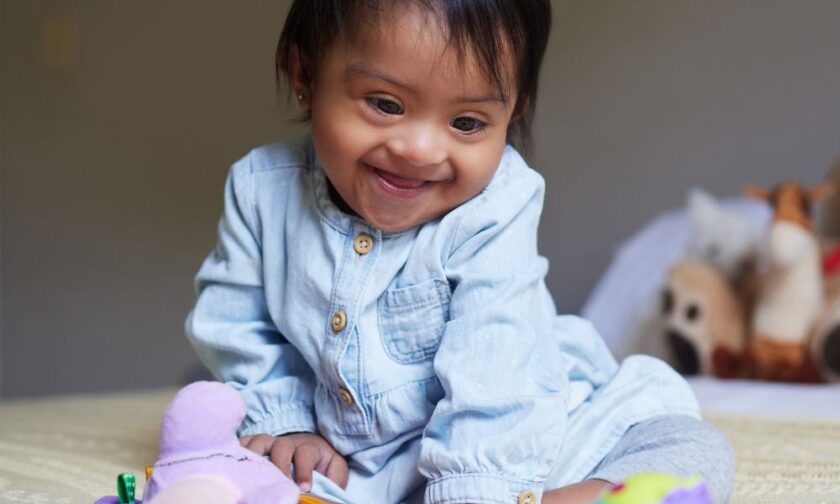Young children exhibit variances in development, expressing an individual temperament and experiencing a unique developmental timeline. But where psychological conditions are concerned, it can be hard to tell the difference between a developmental phase and a disability or mental illness. Know when to seek professional help for a child’s mental health.
Persistence
The defining element of a developmental phase is that it passes. Your pediatrician can help you track infant and toddler development and identify areas of concern.
For many families, meeting developmental milestones simply means keeping a child within normal ranges for growth, including height and weight, and noting markers such as language development and motor skills.
Families who have already received a diagnosis know that their child is on a different developmental schedule—one that’s unique to them. But whether professionals consider a child to be within “normal” developmental parameters, there are signs that should alert parents to their child’s needs.
Areas of Concern
Kids who display prolonged sadness, weight loss, sleep disturbances, tantrums, frequent stomach upset, or headaches may be telegraphing signs of mental health issues. Even young children can suffer from conditions many associate with adults. For example, children can experience depression or eating disorders. Even anxiety disorders can affect young ones, so it’s crucial to recognize anxiety symptoms as they manifest.
Challenging behaviors can also intensify to an unusual degree, beyond what is the “norm” for their individual differences. Persistent and alarming changes in behavior, such as self-harm, aggressiveness, cruelty toward animals, withdrawal, plunging grades, or a regression in verbal skills, warrant professional consultation.
Start With Your Pediatrician
The trusted pediatrician is a good starting place to discuss your concerns. If you’re not satisfied with their answers, or they seem to be writing off your child’s behavioral changes as “just a phase” when you know otherwise, seek a second opinion.
Find a pediatric clinical psychologist or a pediatric psychiatrist who can conduct tests and assessments suited to your child. This process could take place over several days, separated by breaks, depending on your child’s tolerance for psychological testing. These types of tests can provide deeper insight into developmental differences that the simple height, weight, and language development parameters most pediatricians use. These tests allow for early intervention for a child with autism, ADHD, or sensory integration issues. These professionals can also assist children with specific mental illnesses that cause unusual behavior, such as Tourette’s syndrome, trichotillomania (hair pulling), or pica (eating things that aren’t food).
It Might Just Be a Phase
Kids with disabilities are on a different developmental timeline than neurotypical kids. Parents of children with autism often patiently wait through years of speech and occupational therapy for a breakthrough. That patience can pay off when a child suddenly accomplishes tasks, such as tying their shoes or buttoning a shirt, at a much later age than neurotypical kids.
With professional input, parents can decide whether to wait or seek professional help for a child’s mental health help for concerning behavior before it worsens.






